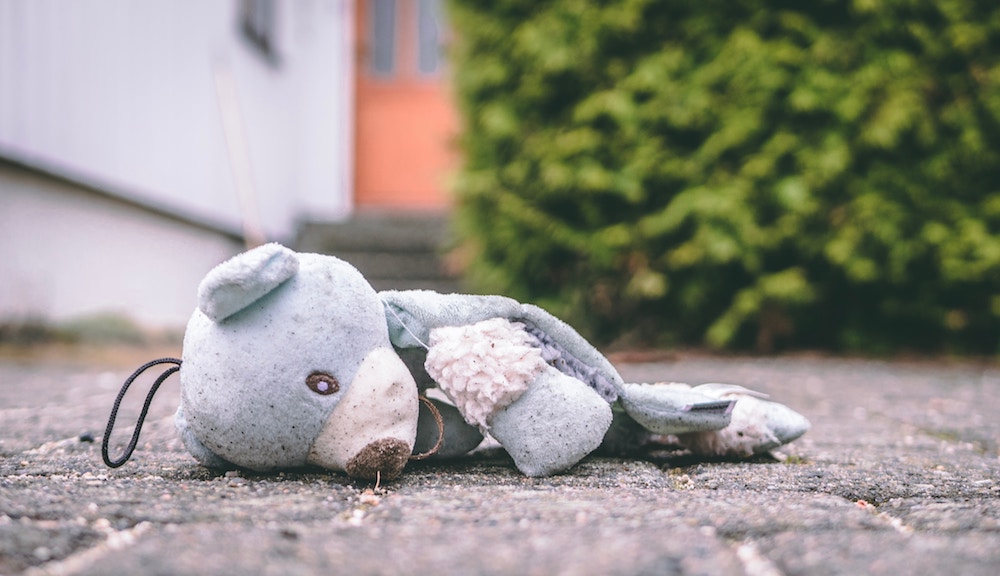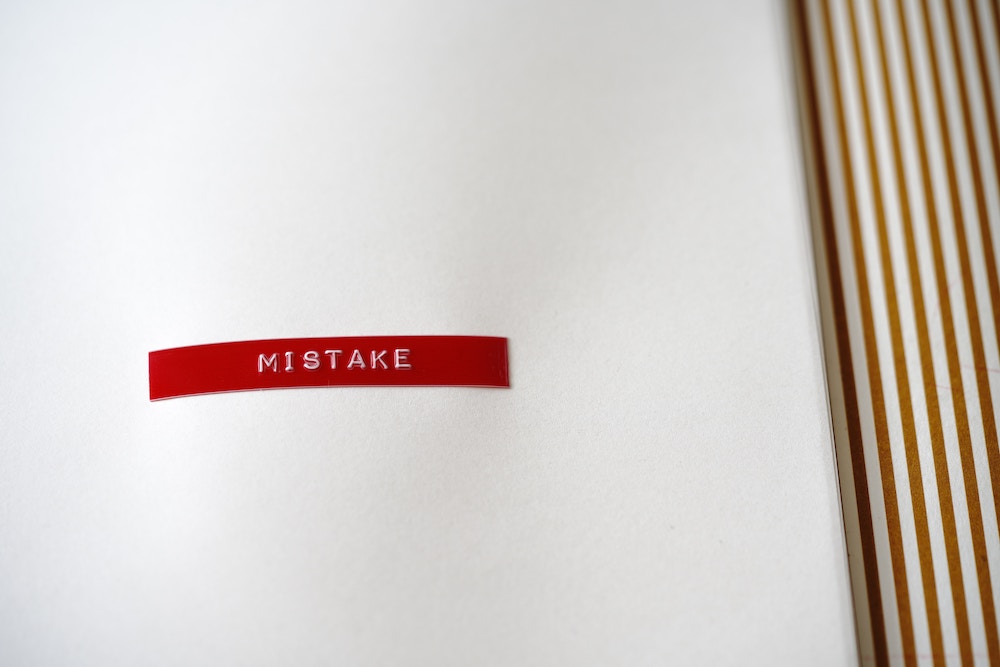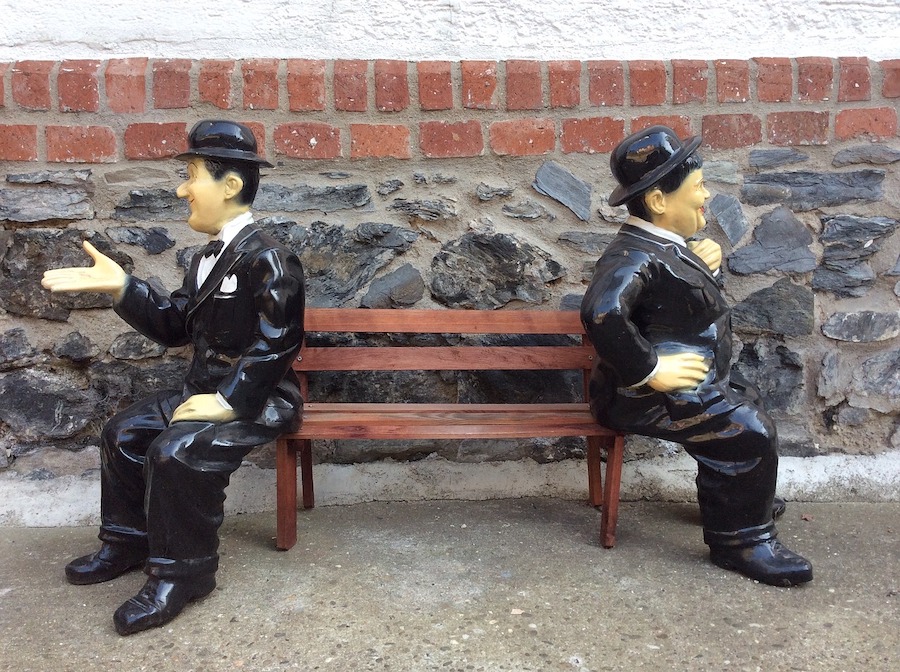
“All men seek happiness, this is without exception”. So wrote Blaise Pascal in his Pensées. But despite his assertion, and our best efforts, too many of us, it seems, find only sadness.
The causes are many, but can perhaps be divided into the grief felt for the thing which is lost – the broken relationship, the missed opportunity, the faded dream – and the sorrow resulting from the fear that the future will bring no relief – the loss of hope itself. As C.S. Lewis wrote after the death of his wife, “I not only live each endless day in grief, but live each day thinking about living each day in grief”.
Undoubtedly some of our sadness is of our own making. Ovid, somewhat ungraciously, for surely we all make mistakes, once said that “What is deservedly suffered must be borne with calmness”. Perhaps so, but that is, none the less, easier said than done. “But when the pain is unmerited”, Ovid continued, “the grief is resistless”. Regardless then of the reasons for it, sorrow has the capacity to overwhelm us.
Having made our diagnosis we need to resist the temptation to medicalise normality.
Despite the joys that are undoubtedly present, this is often a sad world, frequently a vale of tears. And regardless of the cause, the sorrow of sadness hurts. Frequently that pain, for want of anywhere else to take it, is brought to the GP. Without doubt, there is a lot of it about, and it cannot easily be dismissed with the psychological equivalent of ‘it’s probably a virus’ and a facile assurance that the feeling will soon pass. What then are we to do?
First we need to make the right diagnosis – we need to distinguish normal sadness from pathological depression. The former, I believe, is by far the more common. And having made our diagnosis we need to resist the temptation to medicalise normality, even if by presenting to the GP, the person in front of us has themselves sought out a medical solution to their distress. It’s then that we need to be truly general practitioners, super generalists even.
In fact we need to be so general that we are not medical at all since it is then that the labels of ‘doctor’ and ‘patient’ become barriers to what we really need to be – simply human. Of course we all want to help and we may understandably want to offer what only we as medics can, namely medication, but to do so tells the patient they are wrong to feel the way they do, that their sadness is inappropriate when, in truth, it is nothing of the sort.
There is, perhaps, a better, though less comfortable remedy. We need to understand the sadness even if we cannot fully explain it. Having recognised the normality of the sorrow ourselves, the sad patient in front of us needs to be helped to see the normality of their feelings too. To those who are new to sadness this may come as a shock, especially in the entertainment rich and superficially upbeat culture we inhabit. Abraham Lincoln commented that “In this sad world of ours, sorrow comes to all; and, to the young, it comes with bitterest agony, because it takes them unawares”.
Rather depressingly, but perhaps accurately for some at least, Lincoln continued with, “The older have learned to ever expect it”. To acknowledge the normality of sadness is not to deny the intensity of the suffering – because it’s normal doesn’t make it any less awful. But only having acknowledged its normality can we truly accept the sadness, and allow the grief to be expressed without trying to explain it away. After all, you can’t rationalise away that which is not irrational.
Knowing our inadequacy allows us to stop being doctors who can’t help and allows us to become people who can.
We like to solve problems – to ease suffering. But sometimes there is no pill to take away the distress, no wise insight that will alleviate the pain of sadness. To pretend otherwise is untruthful, unhelpful and unkind. As physical pain alerts us to something being wrong and indicates action must be taken, so too emotional pain can serve a similar purpose. Denying its normality, denying its usefulness, removes all hope of ever addressing its cause.
But sometimes, of course, the cause can’t be addressed, there is no earthly solution, there is no going back, no doing things differently next time. Sometimes not even time will help. Sometimes the pain of sadness may go on and on.
In such circumstances we may well feel useless, but that’s not necessarily so. Knowing our inadequacy allows us to stop being doctors who can’t help and allows us to become people who can – by entering a little into the grief of those with whom we sit. It’s good to share their sorrow, it’s helpful to ‘weep with those who weep’, because being alone in one’s sadness is too great a burden for anyone to bear
In ‘Out of Solitude’, Henri Nouwen wrote, “When we honestly ask ourselves which persons in our lives mean the most to us, we often find that it is those who, instead of giving advice, solutions, or cures, have chosen rather to share our pain and touch our wounds with a warm and tender hand. The friend who can be silent with us in a moment of despair or confusion, who can stay with us in an hour of grief and bereavement, who can tolerate not knowing, not curing, not healing and face with us the reality of our powerlessness, that is a friend who cares.”
And perhaps that is exactly the type of GP who cares too.
Photo by Trym Nilsen on Unsplash













5